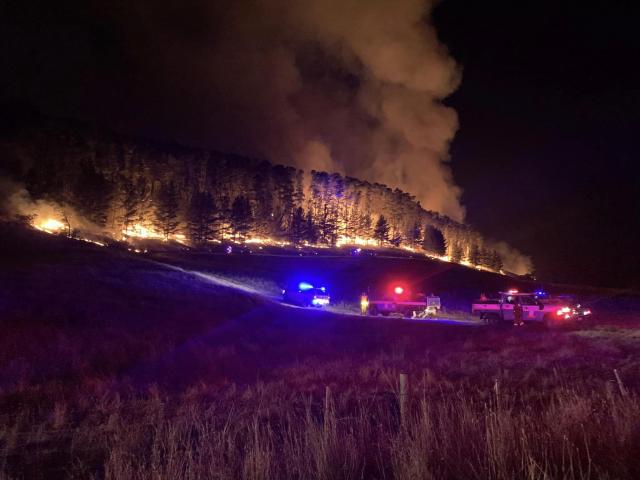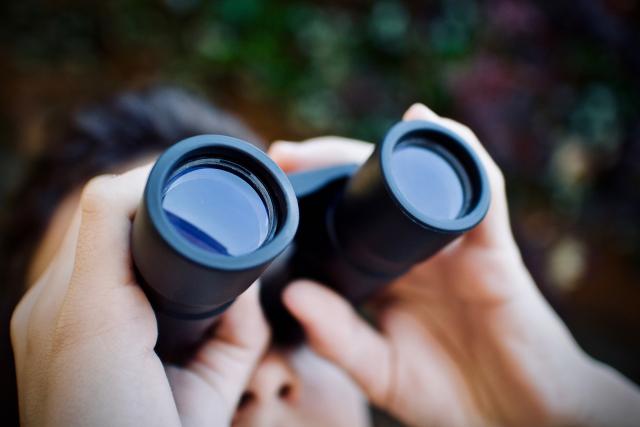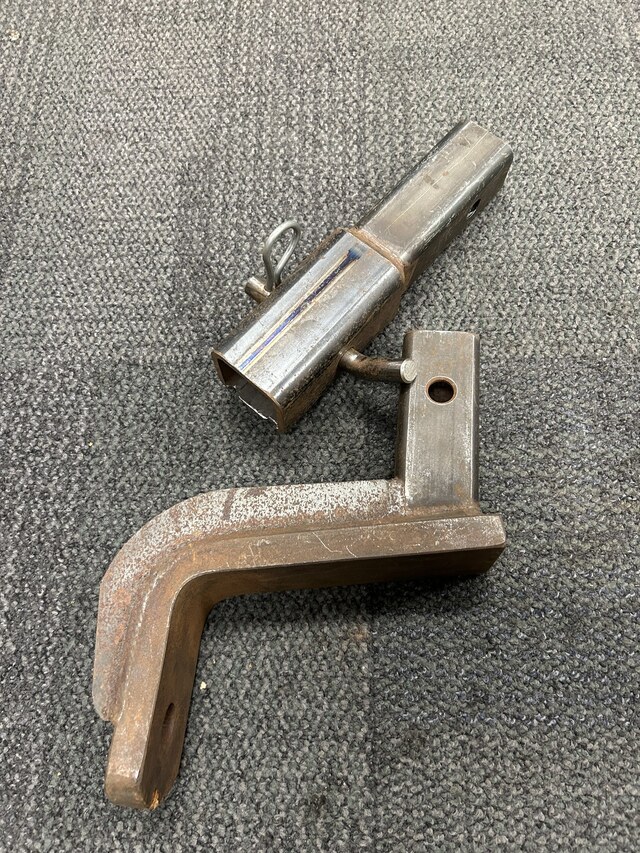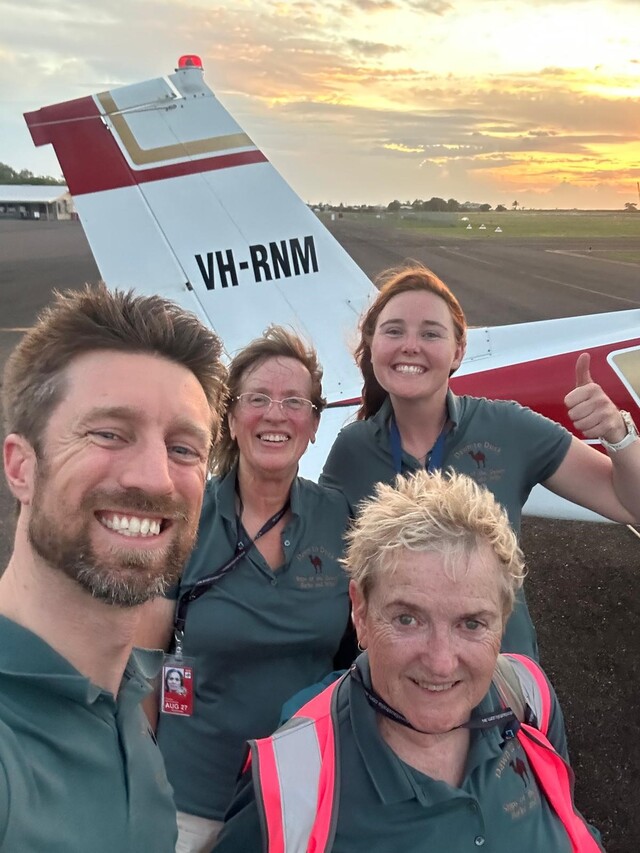For many of us autumn is the best season of the year, the foliage of our deciduous trees turning on a full colour display, the days crisp and sunny.
It’s also school holidays and a time to spend with family and friends enjoying this wonderful time of the year.
But as Les Murray wrote in The Dream of Wearing Short Pants Forever:
Instead, we are cowed by property,
by the need to earn, by the law, by despair,
by newsprint, by bank balances,
by police, by advertising, by clock time.
This sense of being overwhelmed is felt by many of us and put so concisely by an anonymous poet online.
we are all just one small disaster
away from sinking,
and sometimes you only realise
when you’re gasping for air
This is hardly surprising considering the news we are bombarded with daily across our screens and papers: local, national and international.
Confronting images from war zones and devastating natural disasters: earthquake in Myanmar, the Queensland floods and so on are unsettling.
Add the uncertainty of how the interconnected world economy will respond to the tariffs rolled out by the Trump administration and how this could impact on our lives.
All this against the background of the election campaign with the daily activities of politicians on the hustings in full display.
Then there are the ongoing domestic problems: the still high interest rates and cost of living pressures impacting even on those who have good jobs.
The cost of education is a deterrent to many from pursuing a chosen career path.
Regular visits to a GP are curtailed as clinics cut back on bulk billing.
A visit to a dentist is out of reach for many. Even more worrying is the falling standard of nutrition particularly for growing children.
We all now realize that the accepted dream of home ownership may be permanently out of reach for some.
That fundamental human right of shelter has become a battleground … Even shelter in the form of renting is out of reach for many and has led to young people moving back home or tragically ending up homeless with nowhere to go.
In Home Poet David Malouf captures how home is more than a physical space it is also an emotional anchor.
The house is a place
we come back to,
and always with surprise
to find how far we have come.
This sense of being overwhelmed and at the same time feeling powerless and insignificant manifests in various ways.
From physical and mental illnesses to anti-social behaviour such as the domestic and public violence we see and fear.
Nor is it confined to adults but seen in the many problems with our youth.
From ‘school refuseniks’ to out of control behaviour and crimes.
The often over sensationalized and out of context reporting makes many, particularly the elderly, feel unsafe.
Emily Dickinson captures this sense of being engulfed by overwhelming internal and external forces, symbolized by the ‘funeral procession’ in her brain.
And then a Plank in Reason, broke,
And I dropped down, and down—
And hit a World, at every plunge,
And Finished knowing—then—”
The often quoted but misunderstood phrase, ‘Australia, the Lucky Country’ was the title of Donald Horne’s 1964 book in which contrary to popular belief he wasn’t praising Australia but critiquing it: ‘Australia is a Lucky Country run mainly by second-rate people who share its luck,’ he wrote.
In fact, he was pointing out that Australia had benefited from its location, resources and the post war boom, but had not earned its success through innovation, creativity, or leadership.
Instead, it had coasted on complacency, conservatism, and colonial privilege.
A bit harsh many would say. And do we still deserve Donald Horne’s harsh assessment?
After all hasn’t Australia punched way above its weight in lots of fields: science, technology medicine, arts and sport?
From medical breakthroughs such as penicillin, cervical cancer vaccine, Cochlear implants to WiFi, the Black Box flight recorder and Google Maps to literature, film, music and sport.
Not bad for a nation of 27 million.
But despite these achievements there is still a lingering sense that our politicians of all persuasions lack vision for our nation and have a tendency to avoid the hard decisions.
We are a safe country with strong institutions and an electoral system widely regarded as one of the strongest and fairest in the world—but like anything, it’s not perfect.
Its strength lies in a highly trusted Electoral Commission that runs our Federal elections backed by compulsory voting, and a preferential system for the House of Representatives and proportional representation for the Senate.
However, the laws around political donations and lobbying are weak with no caps on donations and transparency laws are in need strengthening.
Moreover disclosures are delayed and so can be hidden till well after an election, giving powerful individuals and industries an unfair influence.
As we have seen this week both leaders have chosen to appear with podcasters, influencers ahead of traditional media.
Perhaps it’s a recognition that there are new voices challenging the Luck Myth and are pushing for something better.
These include First Nations activists, youth climate action, queer and migrant led movements.
They bring new voices to areas long neglected.
In essence they are looking for strong and brave leadership.
One of the standout lines about leadership for a new generation was from Amanda Gorman’s poem about hope, healing and leading with unity and strength, performed at President Biden’s inauguration in 2021.
For there is always light,
if only we’re brave enough to see it,
if only we’re brave enough to be it.
From The Hill We Climb
Yes there are many problems we face that need a brave commitment.
From someone who is prepared to stand up for principle and the good of the country and put forward visionary policies.
This however takes real courage and leadership and brings us back to Donald Horne’s criticisms so many years ago.
When that happens then we can call ourselves The Lucky Country in the literal sense of the phrase.
Many famous poets have written about feeling overwhelmed by the events and emotions around them, capturing the sense of being inundated by life’s challenges, struggles, or the pace of the world.
These poets offer profound insights into the experience of being overwhelmed by external events, using their unique voices to navigate complex or emotional landscapes.
For those who are feeling the weight of events and the relentless pace and stresses of modern life poet Robert Gray reminds us how we have been conditioned to neglect the recuperative powers of nature.
The city is a jungle of iron and stone,
we have been taught to look away from the world of leaves and soil,
the whole machinery of work and time
pressing down on the veins of the land.”
From Flame Tree by Robeart Gray
So on the next sunny autumn day head out into nature whether in your small garden, a walk along your street or to your nearest park or reserve.







